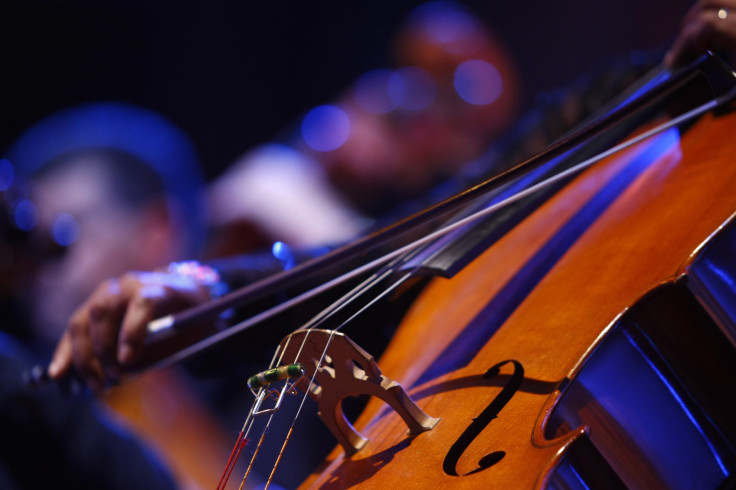Scientists Confirm that Memories of Music Are Stored in Different Part of Brain than Other Memories

Scientists have long believed that the ability to learn and appreciate music was stored in a different part of the brain than other types of memories. Now, researchers in Berlin think that they have concluded that theory. Dr. Christoph J. Ploner, Carson Finke, and Nazli Esfahani at the Department of Neurology at the Virchow campus in Berlin, Germany have examined a man who has lost all of his memories but has retained his ability to remember and learn songs.
The patient is a 68-year-old professional cellist who developed encephalitis as a result of herpes. In turn, the inflammation caused him to develop amnesia so severe that he cannot remember his professional or personal past (retrograde amnesia), family or friends, or acquire new information (anteretrograde amnesia). Despite this condition, his musical memory remained intact. Furthermore, the patient was still able to sight-read and play the cello.
Dr. Ploner developed several tests that took the patient's amnesia into account. Compared to both amateur musicians and professionals from the Berlin Philharmonic, the patient's musical memory was normal. What's more, he displayed not only the ability to remember musical pieces from his past, but also the ability to remember musical pieces that he had never heard before the tests.
Carsten Finke, neuroscientist from the University of Berlin, said to Science Daily that "[the] findings show that musical memory is organized at least partially independent of the hippocampus, a brain structure that is central to memory formation. It is possible that the enormous significance of music throughout all times and in all cultures contributed to the development of an independent memory for music."
The team hopes that intact musical memory in patients with amnesia can be used to simulate other memory content. For example, a particular melodious tune, they say, can be used to signify the time to take medication.
The study was published in a recent issue of Current Biology.



























